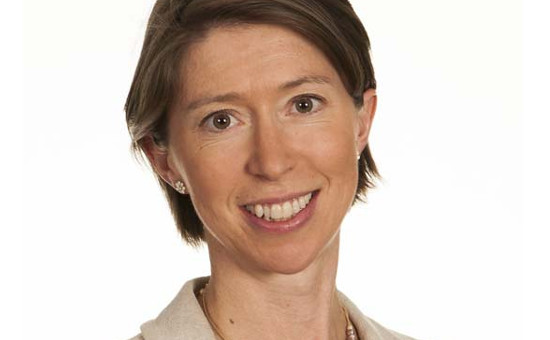Dr. Reitz asserts that many organisations are addicted to the antiquated model of hierarchical heroic leadership, where charismatic superstars take courageous stands – and that this is limiting productivity. She also contends that today’s frenzied pace of life is resulting in transactional meetings at work that are suffocating opportunities for meaningful conversations and creative thinking. The research calls for leaders to pay attention to the quality of their interactions and relationships within their organisation. Genuine dialogue is presented as meeting others with respect, care and attention in the present moment.
To be highly successful, leaders need to start having meaningful conversations in the workplace, and to meet in dialogue, rather than talk in monologue. People need to be talked with, and not just talked to, explains the author.
The study is published in the new book “Dialogue in Organizations: Developing Relational Leadership” (Palgrave Macmillan, 2015) and particularly addresses leaders “who feel isolated, alienated and despairingly busy. The quality of their encounters with their staff are suffering; conversations are often snatched between meetings, constrained within pressurised agendas and mediated through power and politics”, says Dr. Reitz. Traditional leadership models are typically concerned with simplifying dialogue, presenting it as a matter of employing certain attitudes or competencies. Times have changed, though, she feels, and in this era of unprecedented volatility and change, being able to fully engage with employees and other stakeholders is a pressing issue for effective leaders.
For full article go to:
Ashridge

